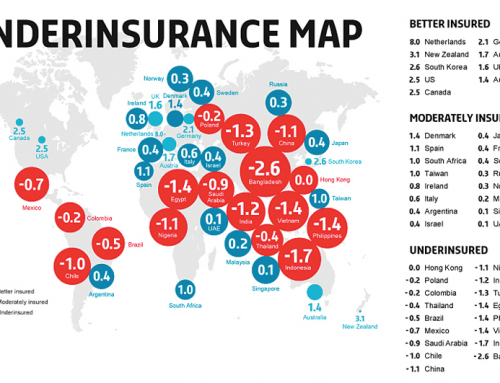Challenges for food and drink companies
When assessing credit risk in the food and drink sector, creditors need to understand the challenges that companies face.
Retailers continue to place enormous price pressure on their suppliers, which has a consequent impact upon the supply chain.
Combined with this, external issues continue to challenge their ability to offer competitive pricing while attempting to generate viable margins:
> Commodity prices have suffered extreme volatility during 2016-2017 which creates elevated levels of uncertainty
> Rising oil and energy prices offset much of the value gained by any movements in raw material pricing and increasing oil prices also impact directly upon packaging costs
> Uncertainty regarding United Kingdom’s exit from the European Union
> Late payments and requests for extended credit terms by customers.
Impact of private equity in assessing credit risk
In addition, the food and drink sector has also seen significant investment from private equity backers in the past decade.
The complexity of these highly-geared transactions makes credit assessment particularly difficult.
If a food and drink company has been acquired by a private equity fund, it’s unlikely that a supplier will realistically attempt to undertake a forensic examination of the revised funding structure. There can often be a sense that simply requesting this type of information might jeopardise the trading relationship.
Reviewing credit exposures
Against a background of increasing pressure on margins, even a modest customer failure can have a significant
impact on cash flow for many companies in the food and drink sector. for most, a periodic review of exposure to bad debt should form part of their risk management programme.
There is a need to differentiate between ‘exposure’ and ‘risk’. Whilst exposures to the major UK food retailers may well be significant, the risk of default is usually very low. further down the sales ledger, the risk of
failure may well be more significant and a more thorough review of credit risk makes sense. Analysing the financial strength of these customers need not be a time-consuming exercise but the benefits can be significant and include:
> Identification of high, medium and minimal risk customers
> Advice on sensible payment terms
> support for sales to new customers in both domestic and export markets.
The credit insurance market
Many food and drink companies are turning to the credit insurance market for guidance on which customers to target and, more importantly, those best to avoid.
In the current climate, there is an increasing acknowledgement that credit insurance can play more of a critical role in supply chain risk management.
Credit insurers are reporting increasing insolvency levels and expect this to continue in the coming months.
However, for the moment at least, competitive rates are still available as the credit insurance markets has
expanded over the last eighteen months.
Securing competitive rates
Insurers will require up-to-date financial information. The starting point is completion of a basic questionnaire that
captures information relating to turnover, bad debt history, debtor spread and principal customers.
Information relating to credit management systems should also be provided. Effective credit control systems reduce the insurer’s potential exposure which can then be reflected in the pricing of cover. seasonal factors can massively influence amounts owing by individual customers and the policy needs to adapt to reflect these.
The role of the insurance broker therefore needs to extend beyond negotiation of just the policy wording, but also work in partnership with you during the lifetime of the policy to achieve appropriate levels of cover and a flow of relevant financial information on key names.
When issuing terms, credit insurers will also provide initial thoughts on the financial strength of your customer base. The ledger is segmented into high, medium and low risk accounts. even if a decision not to insure is taken, this can provide a valuable second opinion on your company’s real exposure to customer failure.
Contact Damian Hayes at De Novo Risk Solutions Limited on 01684 569906 to discuss further if you feel the above may benefit your company







